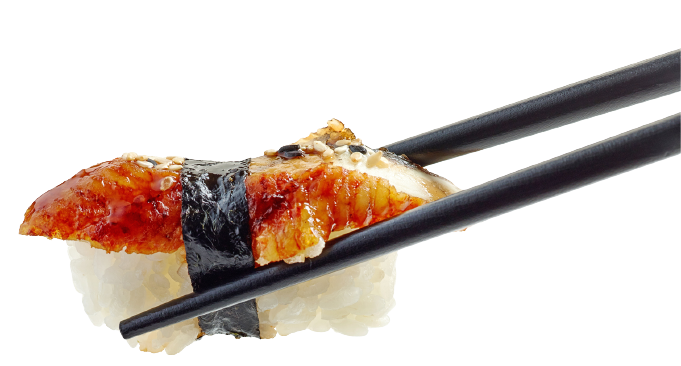Food tech startup, Forsea Foods, says it aims to relieve the bottleneck in seafood supply by creating eel meat through stem cell-derived meat cell culture in a lab.
The eel meat is grown through organoid development, which involves creating an ideal environment for fish cells to form their natural composition of fat and muscle, according to the company.
"While cell cultivation largely focuses on a system of directed differentiation, where cells are signaled to differentiate into a specific cell type and are then combined on a scaffold, our system grows the aggregate of the various cells already at the initial stage of the process.,” said Iftach Nachman, co-founder of Forsea and developer of this cell culture process. “The cells organize themselves autonomously into their innate, purposed structure, just as in nature."
The resulting eel meat is free from sea pollutants like mercury and microplastics, and has the same taste and texture as real meat, according to the company.
The decision to target eel meat is due to overfishing and supply chain issues that have disproportionately affected the booming industry: “In 2000, the Japanese consumed 160,000 metric tons. But due to overfishing and rising prices, consumption has dwindled to just 30,000 metric tons,” explained biotechnologist, CEO, and co-founder of Forsea Foods, Roee Nir.
The company, formed in October 2021, was given an initial injection of capital and related support from The Kitchen FoodTech Hub, an Israeli incubator program for startups.
Related: Future Meat Develops Cultivated Lamb; Emerging Brands Alliance Provides Grant Opportunity

